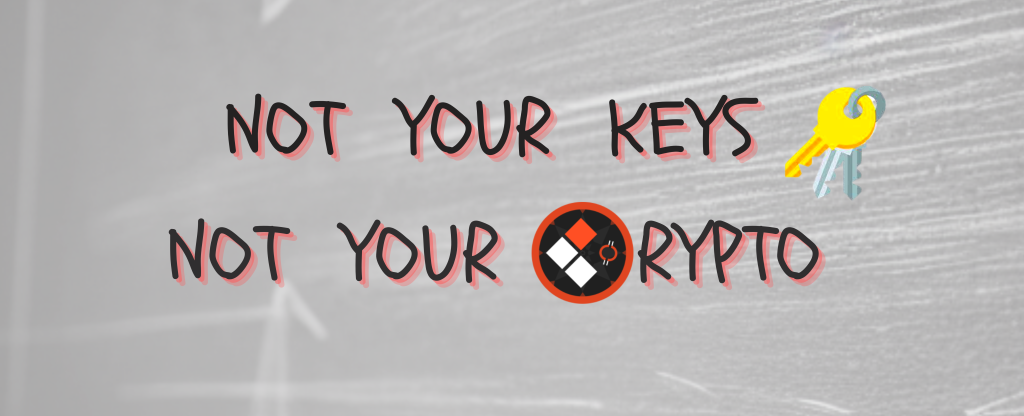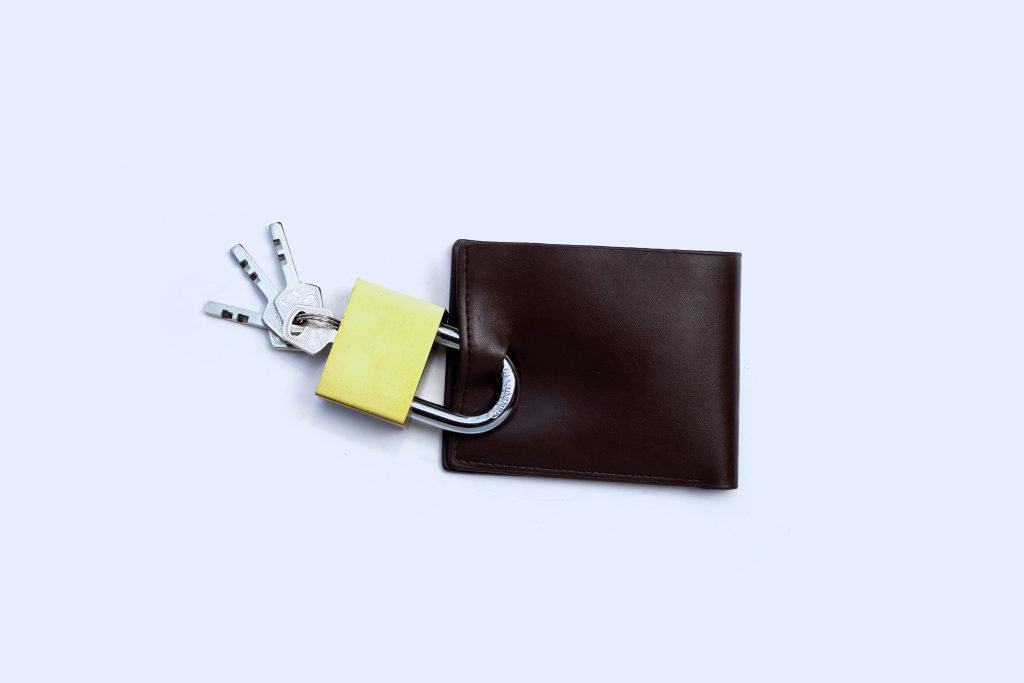The world of cryptocurrencies offers many opportunities for investment, trading, and financial freedom. As the popularity of digital currencies continues to grow, so does the need for secure and reliable storage options. Self-custody wallets, also known as non-custodial or self-hosted wallets, have emerged as a popular choice for individuals who value autonomy, security, and control over their digital assets.
Self-custody wallets empower users to take control of their cryptocurrencies by enabling them to hold and manage their private keys, the crucial elements used to sign and verify transactions on the blockchain. By possessing their private keys, individuals can access and manage their funds without relying on third-party intermediaries, such as exchanges or online wallet services.
In essence, self-custody wallets offer a higher degree of independence and security for cryptocurrency users, ensuring that they remain in control of their assets at all times. However, this also means that users need to take on the responsibility of keeping their funds safe and secure, as there is no third party to fall back on in case of loss or theft.
Types of Self-Custody Wallets


There are several types of self-custody wallets available, each with its own set of features, benefits, and security measures. Here, we’ll delve into the three most common types of self-custody wallets: hardware wallets, software wallets, and paper wallets.
Hardware Wallets
Hardware wallets are physical devices that store your private keys offline, making them less vulnerable to hacking attempts. These wallets are considered one of the most secure options for self-custody, as they keep your keys away from internet-connected devices. Some popular hardware wallets include Ledger and Trezor.
Software Wallets
Software wallets are digital wallets that can be installed on your computer or mobile device. They offer the convenience of easy access to your funds, but they come with a higher risk, as your private keys are stored on an internet-connected device. Some well-known software wallets are TrustWallet, Metamask and Electrum.
Paper Wallets
Paper wallets are physical documents that contain your private keys, which can be stored in a safe place. These low-tech wallets offer a high level of security, as they are not connected to the internet. However, you need to be extra cautious with paper wallets, as losing or damaging the document means losing access to your funds.
Private Keys: The Backbone of Self-Custody


In the world of self-custody wallets, private keys are the key to your assets. These cryptographic keys are used to sign and verify transactions on the blockchain, granting you access to your crypto holdings. When you control your private keys, you have complete autonomy over your funds, without needing the assistance of a third party.
Benefits of Self-Custody Wallets
Self-custody wallets offer numerous advantages, making them an attractive option for many crypto enthusiasts. Here are some of the main benefits:
- Censorship resistant: With a self-custody wallet, your assets cannot be frozen or confiscated by a third party. This is especially important in countries with capital controls or targeted discrimination.
- Increased security: Non-custodial wallets are generally more secure than custodial wallets, as you control your private keys, which are not stored on a central server.
- Expanded access: Self-custody can be liberating for unbanked individuals, allowing them to store, send, and receive funds without needing access to traditional financial services.
- Greater control: With self-custody, you have complete control over your funds and can manage them as you see fit.
- Decentralization: Non-custodial wallets align with the decentralized nature of many cryptocurrencies, promoting a more equitable and transparent financial system.
- Privacy: Self-custody wallets often do not require you to provide personal information, offering greater privacy.
Drawbacks of Self-Custody Wallets
Despite their advantages, self-custody wallets also come with some challenges:
- Responsibility: With self-custody, you’re responsible for safeguarding your assets and personal information, which can be daunting.
- Complexity: Setting up and managing a self-custody wallet can be more complex than using a custodial service, and may require technical knowledge.
- Limited functionality: Self-custody wallets may offer limited features compared to custodial wallets, such as buying and selling crypto or accessing advanced trading options.
Self-Custody vs. Exchanges: Weighing Your Options
When it comes to storing and managing your cryptocurrency, you have two primary options: self-custody wallets and exchange wallets. Both options have their pros and cons, and it’s essential to understand the differences to make an informed decision.
Here’s a comparison table to help you weigh your options:
| Self-Custody Wallets | Exchange Wallets | |
|---|---|---|
| Control | Full control over private keys and funds. | Limited control; reliant on the exchange. |
| Security | User-managed; varies depending on the wallet type and user’s security measures. | Managed by the exchange; vulnerable to platform-wide security breaches. |
| Privacy | High level of privacy; usually no personal information required. | Personal information often required for KYC / AML compliance. |
| Ease of use | Varies depending on the wallet type; may require technical knowledge. | User-friendly interfaces; simple to use for beginners. |
| Functionality | Basic wallet features; may lack advanced trading options. | Access to advanced trading features and a wide range of cryptocurrencies. |
| Accessibility | Direct access to funds, independent of any third-party platform. | Access to funds dependent on the exchange’s platform and policies. |
| Responsibility | Full responsibility for safeguarding assets and private keys. | Reliance on the exchange for asset security and management. |
In summary, self-custody wallets provide greater control, privacy, and security for your cryptocurrency holdings, but they also require you to take responsibility for managing and safeguarding your assets. On the other hand, exchange wallets offer a more user-friendly experience and advanced trading features but often involve sharing personal information and relying on the exchange’s security measures.
Ultimately, the decision between self-custody and exchange wallets will depend on your personal preferences, security concerns, and cryptocurrency management needs. It’s crucial to assess the risks and benefits of each option to determine which best suits your unique requirements.
Beginner’s Guide: Steps to Take for Self-Custody Success


If you’ve decided to embrace self-custody, here are some steps to help you get started:
- Choose the right wallet: Based on your needs and preferences, select the most suitable self-custody wallet type (hardware, software, or paper).
- Secure your private keys: Safeguard your private keys and seed phrase by storing them in a secure location, like a safe or a password manager.
- Follow best practices: Stay updated on the latest security practices for self-custody wallets and implement them to protect your assets.
- Regularly update your wallet: Ensure that your wallet’s software is always up-to-date to benefit from the latest security patches and features.
- Educate yourself: Learn about the ins and outs of self-custody wallets and stay informed about the latest developments in the crypto world.
By following these steps, you can enjoy the benefits of self-custody while minimizing the potential risks.









